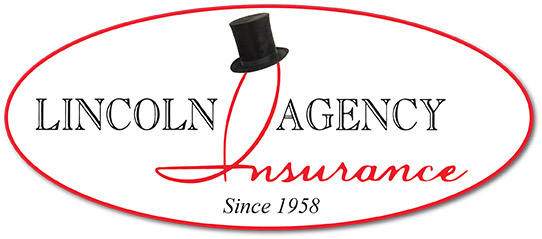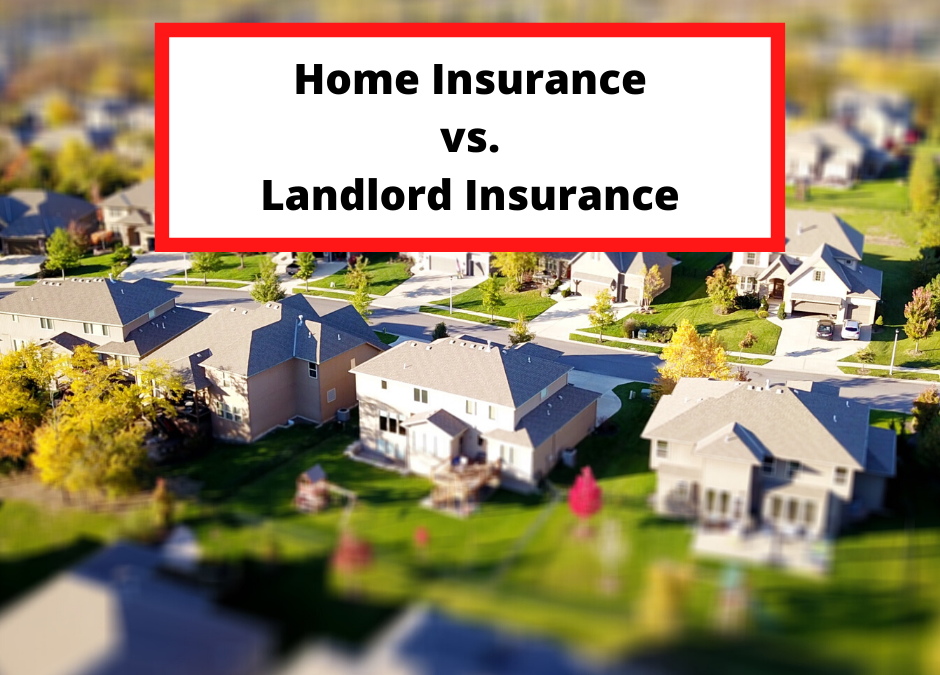Homeowners insurance is generally designed to cover both your property and the people and belongings within it. Landlord insurance, on the other hand, generally covers the structure you are renting. You can add extra coverages to protect your household furnishings and appliances located on the property, or against the costs of injury or covered property losses at the home. You may also want to ask your tenants to get their own renters insurance policy, which can help protect their personal belongings at the rental property in case of a covered loss.
How Much Landlord Insurance Should I Get?
The right amount of coverage depends on the size of your building, the cost to rebuild or replace it, and how many tenants and structures you have on the property. Furnished or unfurnished, your rental property presents a unique set of risks, and your insurance agent can help you weigh your needs and your budget to determine the right amount of coverage and which features are the best fit for you. Some insurance carriers will let you customize your policy by scaling up or down your coverage based on your needs.
What Does Landlord Insurance Cover?
Most rental property insurance policies generally provide coverage for your personal property, such as appliances and household furnishings, in addition to the building. Some insurance carriers may allow you to scale this coverage to a minimum amount, or as high as needed to properly cover the things you own and furnish for use at the property. Most policies also automatically factor in coverage for structures outside the home, like sheds and detached garages. You should ask your insurance carrier if you can scale up or down your Other Structures Coverage based on your situation.
How Do I buy Landlord Insurance?
You’ll need to find an insurance carrier who specifically offers landlord or rental property insurance, as not all companies do. If your rental activities are evolving (meaning you may have more or fewer properties/tenants in the future), then you may also want an insurance carrier who offers a more customizable and scalable policy option. This will provide flexibility so you can adapt your coverage to meet your needs, as they may change year over year.
What Determines the cost of Landlord Insurance?
The cost of landlord insurance varies and depends on a variety of details. These can include: where your rental property is located, the type and size of the property, the volume of rental activity you’re participating in, and the deductible and coverages you choose. The biggest factor in determining your insurance premium will be how much the property would cost to rebuild or replace. Talk through the details of your rental property with your insurance agent to understand what’s involved in the cost of insuring your investment, so you can decide what coverage and features that will suit you best.


